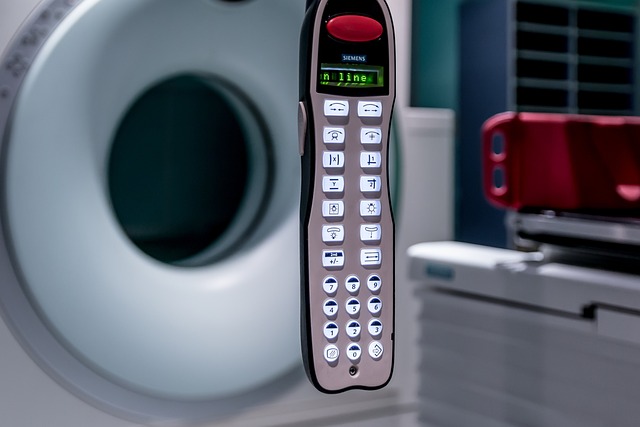AI and Healthcare: Leveraging Innovative Solutions
The healthcare sector is on the cusp of a revolution, driven by the development of Artificial Intelligence (AI) technology. AI has the potential to streamline processes, improve accuracy and reduce costs in healthcare, making it an attractive option for the industry. As AI continues to develop, healthcare providers are leveraging innovative solutions to improve patient care, reduce costs and increase efficiency.
AI-driven Diagnostics and Treatment
AI is being used to assist healthcare providers in diagnosing and treating patients. AI algorithms can quickly analyze large amounts of medical data to identify patterns and suggest treatments. AI-driven diagnostics can help to reduce the time and resources needed to diagnose and treat patients, as well as improve accuracy and reduce errors.
AI is also being used to develop personalized treatments for patients. AI algorithms can analyze a patient’s medical history, lifestyle and genetic data to create a personalized treatment plan tailored to the individual. This can help to improve the effectiveness of treatments and reduce the risk of adverse side effects.
AI-assisted Medical Imaging
Medical imaging is an important tool for diagnosing and treating patients. AI is being used to assist in medical imaging, helping to improve accuracy and reduce the time needed to analyze images. AI algorithms can detect patterns in medical images that may be difficult for humans to identify, such as small tumors or lesions. This can help to speed up diagnosis and treatment, as well as reduce errors.
AI is also being used to develop automated medical imaging systems. These systems can quickly and accurately analyze medical images, providing healthcare providers with detailed information about a patient’s condition. This can help to reduce the time and resources needed to diagnose and treat patients.
AI-powered Wearables
AI-powered wearables are becoming increasingly popular in healthcare. These devices can monitor a patient’s vital signs and provide real-time data about their health. This data can be used to detect changes in a patient’s health, allowing healthcare providers to intervene early and prevent serious health complications.
AI-powered wearables can also be used to provide personalized health advice. AI algorithms can analyze a patient’s data and provide personalized advice on diet, exercise and other lifestyle changes. This can help to improve a patient’s health and reduce the risk of serious health complications.
Conclusion
AI is revolutionizing healthcare, allowing healthcare providers to leverage innovative solutions to improve patient care, reduce costs and increase efficiency. AI-driven diagnostics and treatments, AI-assisted medical imaging and AI-powered wearables are just some of the ways that AI is being used in healthcare. As AI continues to develop, healthcare providers will be able to leverage even more innovative solutions to improve patient care.

